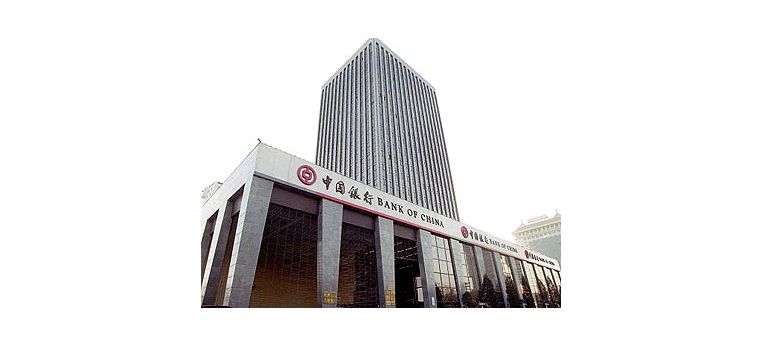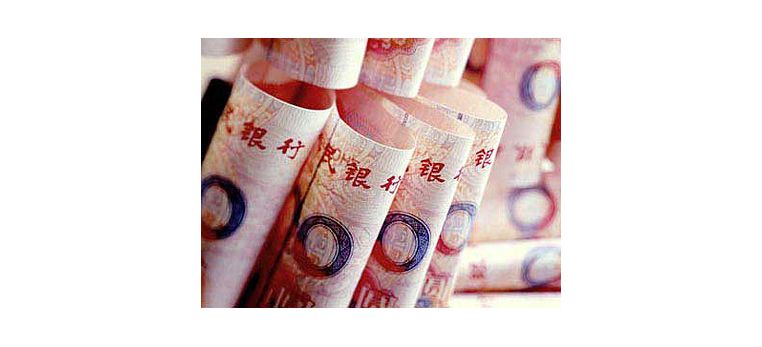

Chinese Currency is called Renminbi (RMB or CNY) means "People's
Currency" in Chinese language. The Renminbi is the legal tender in the
mainland of the People's Republic of China. It is issued by the People's
Bank of China (PBOC, central bank). The official abbreviation is CNY,
although also commonly abbreviated as "RMB".
Chinese paper money comes in
1 fen (rare)
2 fen (rare)
5 fen (very rare)
1 jiao
2 jiao
5 jiao
1 yuan
2 yuan
5 yuan
10 yuan
20 yuan
50 yuan
100 yuan
One yuan is divided into 10 jiao. One jiao is divided into 10 fen,
pennies in English. The largest denomination of the renminbi is the 100
yuan note. The smallest is the 1 fen coin or note. RMB is issued both in
notes and coins. The paper denominations include100, 50, 20, 10, 5, 2
and 1 yuan; 5, 2 and 1 jiao; and 5, 2 and 1 fen. The denominations of
coins are 1 yuan; 5, 2 and 1 jiao; and 5,2 and 1 fen.
In spoken Chinese, "yuan" is often called as "kuai" and the "jiao"
as"mao". Fen-denomination RMB is rarely used, except at supermarkets.
Banking
China's banking system has undergone significant changes in the last two
decades. Banks are now functioning more like banks than before.
Nevertheless, China's banking industry has remained in the government's
hands even though banks have gained more autonomy. WTO has accepted
China. The central bank of the People's Republic of China is the
People's Bank of China. The "big four" state-owned commercial banks are
the Bank of China, the China Construction Bank, the Industrial and
Commercial Bank of China and the Agricultural Bank of China.